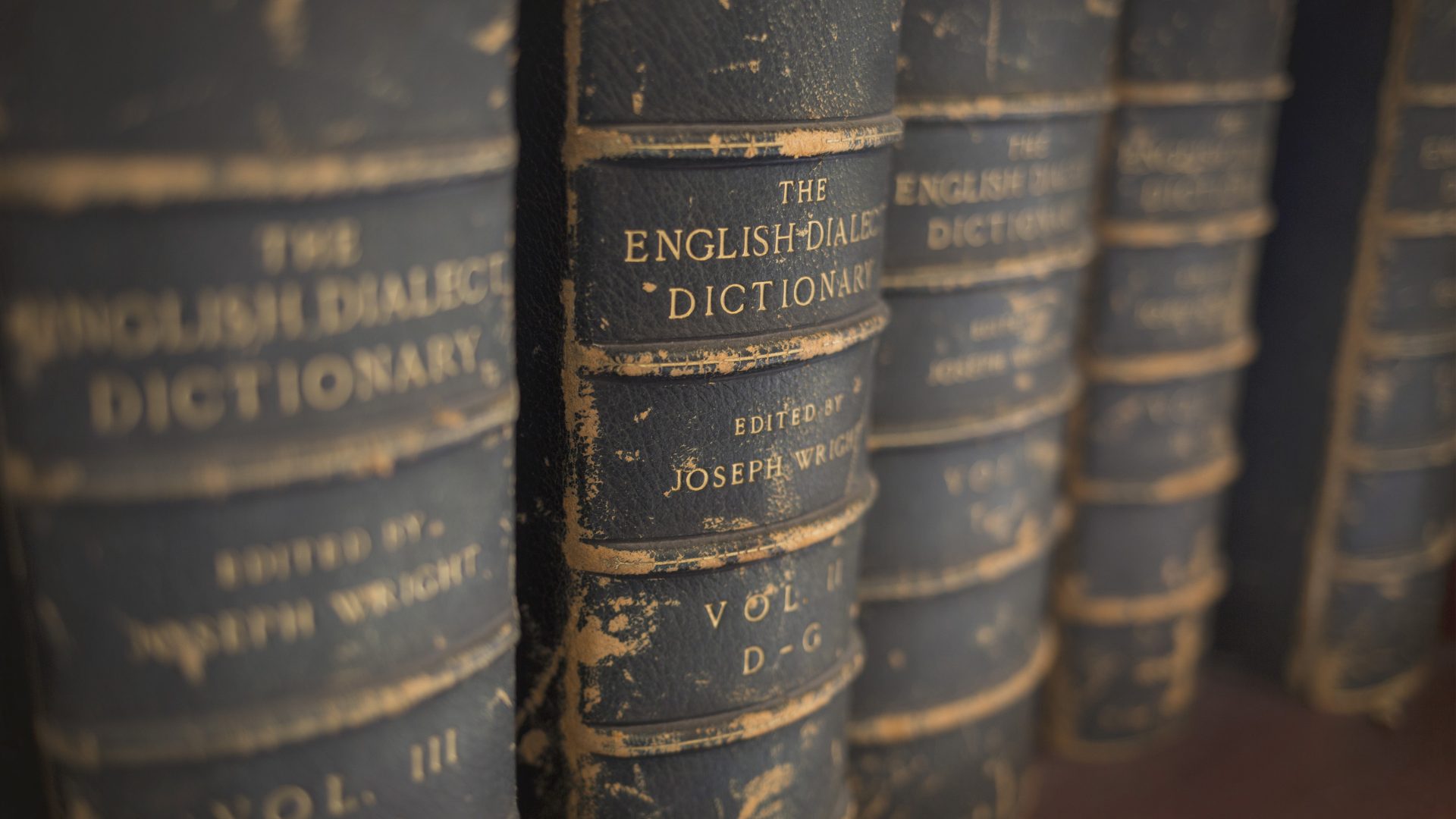When the English verb to ask first appeared in writing in Old English, it occurred most often in the form acs or acsian. And it continued to be used at the highest levels of English literature in that or a similar form for many centuries. For instance, Chaucer’s tale Pyramus and Thisbe, written in the late 1300s, maybe 500 years after the English language was first spoken in Britain, includes the question “How should I axen mercy of Thisbe?”, where axen or acsen was the infinitive form equivalent to modern English “to ask”.
Today, over 1,000 years on, there are still many English dialects where ax rather than ask, meaning ask, is still the most usual form. According to the English Dialect Dictionary, forms such as aks, ex, and ax occur in local dialects over a very wide area of England, including at least Cumbria, Northumberland, Lancashire, Yorkshire, Lincolnshire, Staffordshire, Nottinghamshire, Worcestershire, Gloucestershire, Somerset, Dorset, Devon, Wiltshire, Cornwall, Kent, and Surrey. It is not typically found, then, in Essex or East Anglia. It was also found widely in the traditional dialects of Scotland and Ireland.
Ax and similar verb forms also occur rather widely in a number of dialects beyond the British Isles, including in particular American Black Vernacular English, as well as the dialects of Jamaica and many other Caribbean English varieties. In the USA it is mostly associated with African American speakers and therefore, regrettably, because of racist attitudes, is often stigmatised and even considered to be “wrong”.
Aks for ask has been technically described as an example of linguistic metathesis, meaning that two adjacent speech sounds have been reversed or transposed. This term comes from Greek metá “after” plus thési “seat” or “position”, and is pronounced with the stress on the second syllable: metáthesis.
The word third is a metathasised version of the original Anglo-Saxon (Old English) word thrid, which is derived originally from three. But we hesitate to make this claim here about ask as there is little evidence as to which form, aks or ask, came first, although the earliest Germanic form has been reconstructed by philologists as having been *aiskojanan, so probably we can accept that this might well be a case of metathesis.
Very much more recently there has been a new and interesting development concerning the use of the word ask. After well over 1,000 years as an English verb, in the last few decades ask has additionally acquired the ability to be used as a noun.
I remember first noticing this when watching a cricket match on Australian television in the 1980s. My recollection matches up very well with what the Oxford English Dictionary has to say about the phenomenon. It reports that the usage of ask as a noun was originally an Australian colloquialism, first appearing in print in the Sydney Morning Herald newspaper in 1987. According to the OED, this new usage was noted as most typically occurring in sporting contexts, particularly in articles dealing with cricket and rugby.
But then there is the puzzling question as to why the verb ask waited to widen in scope to being used as a noun until 1987. I have no satisfactory answer to this question.
ROUND
It is not at all uncommon for English words to be multifunctional in this way, being used in a variety of different grammatical roles. Round, for example, can function as a noun, as in a round of drinks; a verb, as in to round a corner; an adjective, as in a round table, and a preposition, as in round the house.




